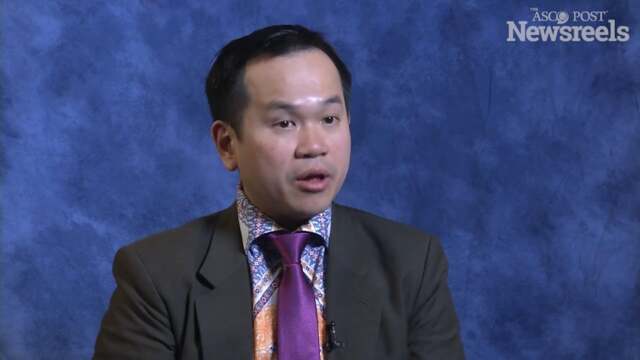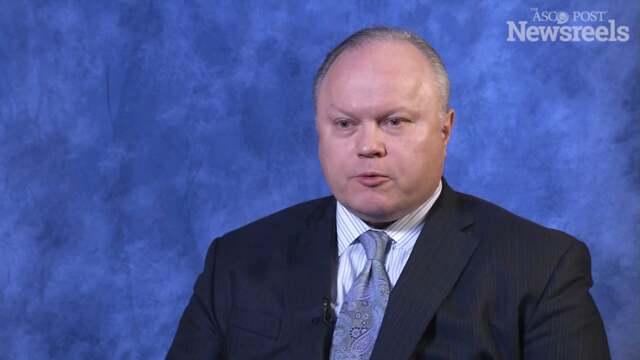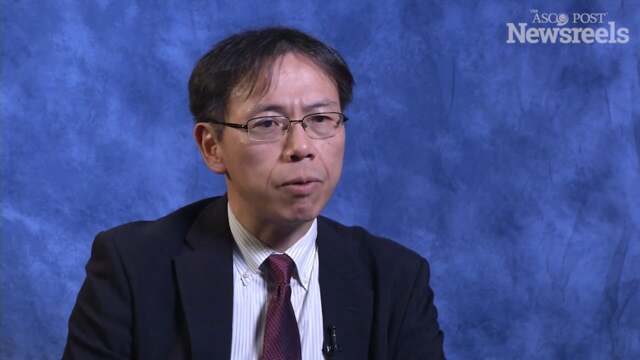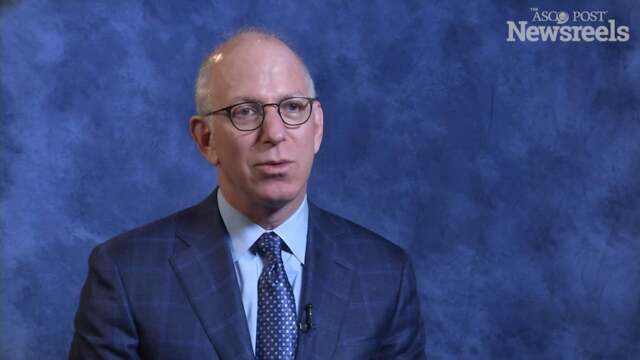Alan Pollack, MD, PhD, on Prostate Cancer: Postprostatectomy Radiotherapy
2016 ASTRO Annual Meeting
Alan Pollack, MD, PhD, of the University of Miami Health System, summarizes a session that included discussion of outcomes, dose response, oligometastatic disease, and gene predictor of response. (Presentations 228-235)
Paul L. Nguyen, MD, of the Dana-Farber Cancer Institute, summarizes a session he moderated, which included talks on local recurrence following brachytherapy, long-term PSA stability after the procedure, and androgen deprivation and high-dose radiotherapy. (Scientific Session 41)
Bradley R. Prestidge, MD, of Bon Secours VA Health System, summarizes his plenary lecture on this phase III trial comparing combined external beam radiation and transperineal interstitial permanent brachytherapy with brachytherapy alone for selected patients with intermediate-risk prostate cancer. (Plenary Lecture 1, Presentation 7)
Bruce D. Minsky, MD, of The University of Texas MD Anderson Cancer Center and Chairman of the ASTRO Board, discusses top papers presented at this year’s Annual Meeting.
Takeshi Kodaira, MD, PhD, of Aichi Cancer Center Hospital, discusses the final analysis of a randomized phase III trial of accelerated vs conventional fractionation radiotherapy for glottic cancer of T1-2N0M0. (Abstract LBA-8)
Howard M. Sandler, MD, of Cedars-Sinai Medical Center, discusses prospective clinical trials as the gold standard of clinical decision-making and examines the infrastructure needed for future cancer research. (Abstract PS 3)





